
Tel:
+86 13143444311
Email:sst@szsst88.com
Fax:+0086-755-27322278
Address:Building 9, First Industrial Zone, Tantou Industrial City, Songgang Street, Baoan District, Shenzhen 518105, Guangdong, China
precision screws cleaners can be classified according to their chemical properties. The choice of emulsion cleaner usually depends on the effectiveness of the next process. The oil film containing anti-rust agent can be retained on the precision screw. Alkaline detergents are used to remove corrosive dirt and are considered to be effective in removing quench oil after heat treatment.
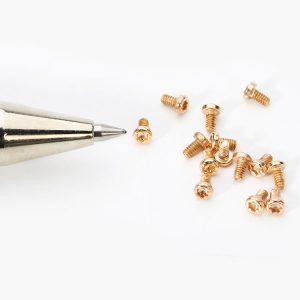
Soluble emulsifiers usually contain soil, solvents, emulsifiers, detergents, corrosion inhibitors, and a small amount of water. The function of water is to dissolve the emulsifier. The cleaning agent can dissolve the dirt on the surface of the precision screw and leave the anti-rust film on the surface. The emulsifiers and detergents hold on to the oil particles and dissolve them into detergents containing solvents and oils. Emulsion cleaner is a concentrated state of pure oil products, diluted in water will become a white emulsion liquid.
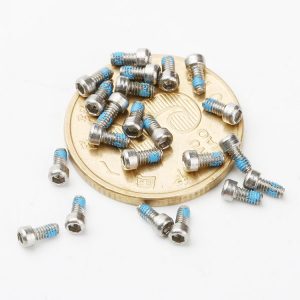
Synthetic cleaner and standard alkaline cleaner are different, the difference lies in the chemical composition, is also an alkaline cleaner. The standard alkaline cleaner is essentially inorganic, while the synthetic agent is an organic agent containing amine groups. These products are designed to remove alkaline residues from single-stage cleaning and are also good rust inhibitors. Synthetic cleaners are used to perform moderately difficult cleaning, such as cleaning the surface of precision screws with quenched oil or quenched polymer solutions.
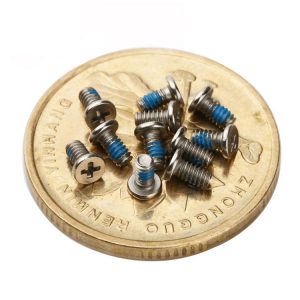
Alkaline cleaning agent is a kind of most widely used cleaning agent, which is made by mixing detergent and alkaline earth metal salt of surfactant. The starting point of adding each salt and surfactant is mainly to ensure the cleaning effect, followed by economy. The PH value of cleaning agent should be around 7. The cleaning components of this cleaning agent are hydroxide, silicate, carbonate, phosphate, borate and organic compounds.
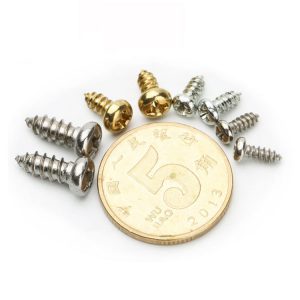
Hydroxides provide the highest alkalinity and are relatively inexpensive. A small amount can be added with sufficient alkalinity and conductivity, which are important for electrolytic cleaning and saponification. Its disadvantage is more difficult to rinse, dirty unsaponified washing effect is poor. A solution of 1% concentration has a PH of 1.3. Alkaline cleaning fluid can be used sodium salt, also can be used potassium salt, mainly used for steel alloy screw cleaning.
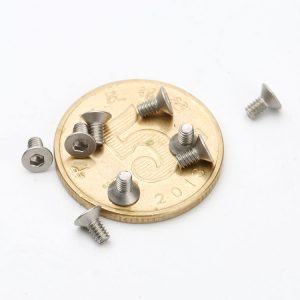
An acid cleaner is not an effective method for removing general contaminants from precision screws. An alkaline cleaner is usually used. Acid cleaning is very effective for special attachments such as oxide skins. The most famous process is acid leaching. Acid can be used to remove surface oxides, rusts and corrosion products, and water – stained deposits, except for the oxide layer by rolling, welding and heat treatment, which affects the quality of electroplating or oil seal. Sulfuric acid, hydrochloric acid, nitric acid and citric acid, acetic acid and other organic acids are commonly used. For the phosphating film of high strength precision screws before heat treatment, the first three cleaning processes are mainly used at present, but hydrogen erosion should be prevented. The acid agent should contain base acid and corrosion inhibitor to prevent erosion of the surface of precision screw, as well as surface activators to improve the cleaning ability.
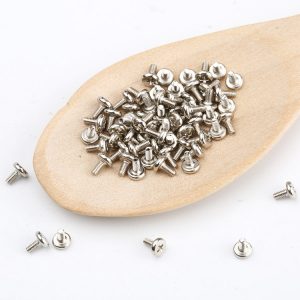
The cleaning agent mainly contains solvent, surfactant and water. Different from emulsifying cleaning agent, is a pure solution, not emulsifying
If you want to know more about precision screws, please feel free to contact us.
 |
Skype: kalyn qin M: +86 18124507113 Tel: +86 0755-85296744 Add: No. 11, Dinghou Road, Dongfang Community, Songgang Street, Baoan District, Shenzhen, Guangdong, China
|
8 月-13-2020
kalyn

 +86 13143444311
+86 13143444311 sst@szsst88.com
sst@szsst88.com